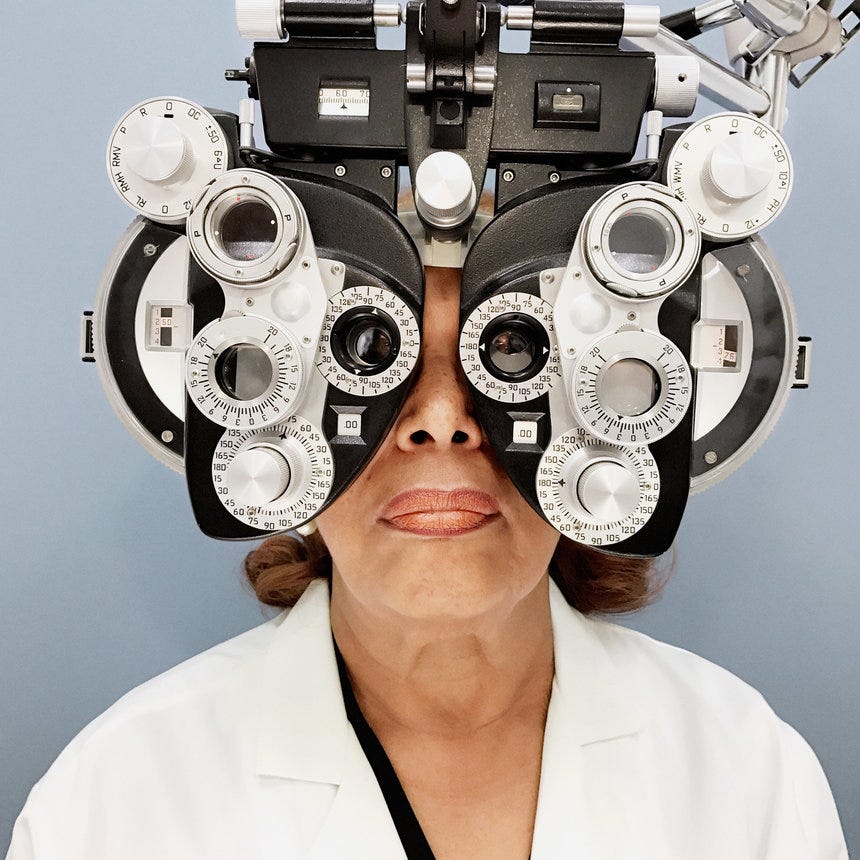Patricia Bath
Ophthalmologist
Patricia Bath (November 4, 1942 – May 30, 2019) was a groundbreaking African-American ophthalmologist, inventor, and academic known for her trailblazing contributions to medicine and her commitment to healthcare equality. Born in Harlem, New York, Bath displayed exceptional intellectual prowess from an early age, setting the stage for a remarkable career that would leave an indelible mark on the medical world.
Bath earned her medical degree from Howard University College of Medicine in 1968, distinguishing herself as the first African American to complete a residency in ophthalmology at New York University. Her early experiences as a medical student fueled her determination to address healthcare disparities, particularly in the field of ophthalmology.
In 1981, Patricia Bath made history by inventing the Laserphaco Probe, a groundbreaking device that revolutionized cataract surgery. The Laserphaco Probe utilized laser technology to remove cataracts safely and precisely, making the procedure more accurate and less invasive. This invention significantly improved the outcomes of cataract surgery, particularly in patients with pre-existing conditions, and paved the way for the development of laser cataract surgery techniques.
Bath's commitment to eradicating preventable blindness extended beyond her innovative inventions. She dedicated her career to advocating for improved healthcare access for underserved communities domestically and internationally. Her efforts aimed to eliminate racial and gender disparities in healthcare, ensuring all individuals had equal access to quality medical treatment.
In addition to her impactful work as an inventor and advocate, Patricia Bath was a respected academic. She held various academic positions, including serving as the first woman on the faculty of the Jules Stein Eye Institute at the University of California, Los Angeles. Throughout her career, she published numerous scientific papers, contributing valuable insights to the field of ophthalmology.
Bath's pioneering spirit and contributions did not go unnoticed. In 1988, she received a patent for her Laserphaco Probe, becoming the first African-American female doctor to receive a medical patent. Her accolades include being the first woman-appointed chair of ophthalmology at Drew University and Charles R. Drew University of Medicine and Science.
Patricia Bath's legacy extends far beyond the realm of ophthalmology. She shattered glass ceilings, advanced medical technology, and tirelessly advocated for healthcare equality. Her life's work inspires aspiring scientists, doctors, and advocates, reinforcing the importance of innovation, perseverance, and a commitment to social justice in the pursuit of a healthier and more equitable world.
Please learn more about Dr. Patricia Bath at her website.


